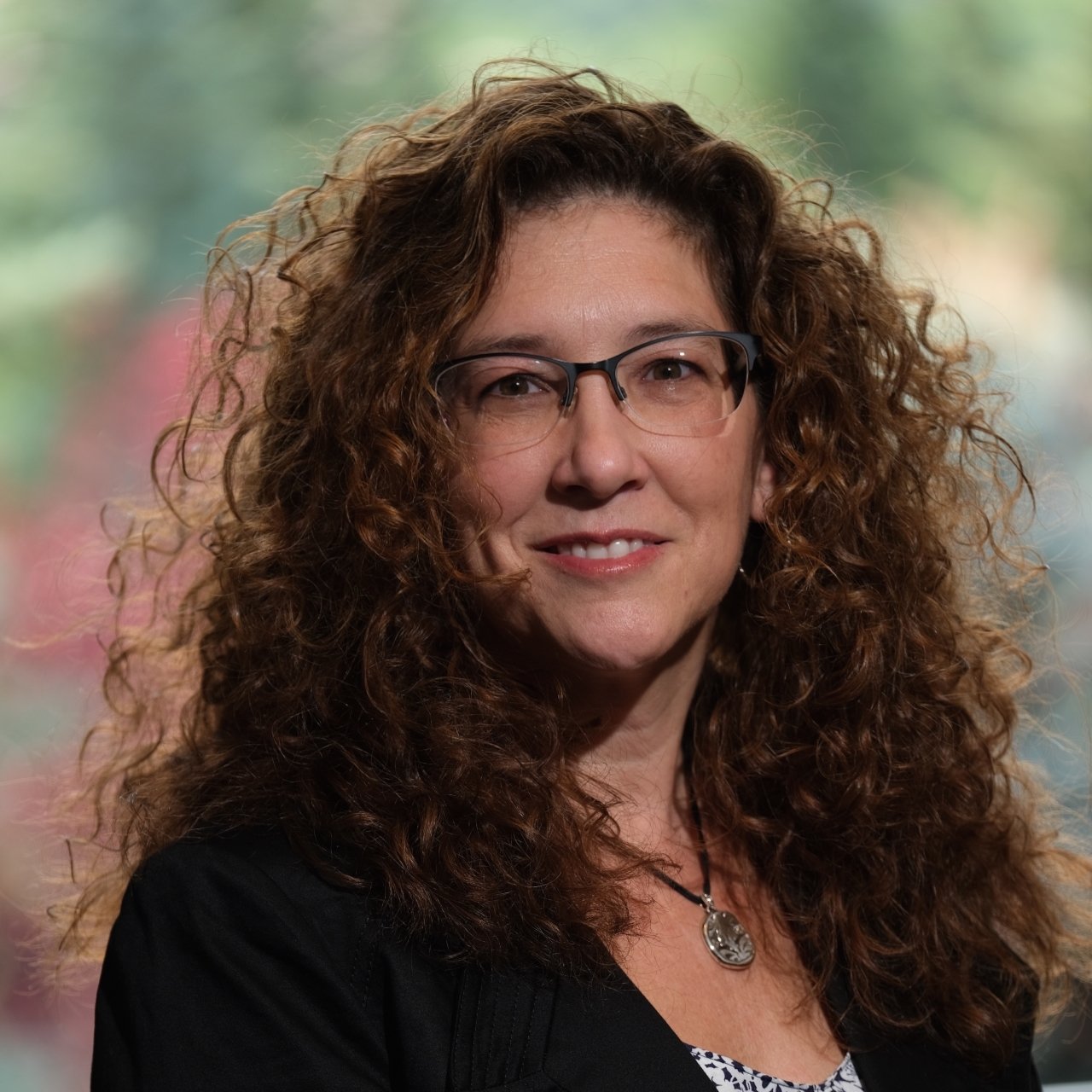Give me a child for the first seven years, and he is mine for life. —The Jesuits
Raise a child with the Master Question, and he is his own for life. —Sarah and Craig Biddle
During the twelve years we’ve been raising our daughter, we’ve often been asked about our approach to parenting, and we’ve enjoyed sharing our thoughts in countless conversations. Now that our daughter is almost thirteen, we’re happy to present the essence of our approach in the form of an essay. Because we’re only part way through this wonderful adventure, our discussion here is limited to our experiences and thoughts about raising a child through her preteen years.
Parenting is a big subject about which many good books and articles have been written (we recommend several in an appendix below). Our purpose in this essay is not to cover every aspect or area of parenting, nor to restate things that others have stated well. Rather, our purpose is to convey a fundamental principle that governs our approach to the endeavor and to show how that principle applies to various parenting situations and contexts.
In particular, we do not address children’s education in this essay. Although education is an aspect of parenting, it is also a science in its own right, and we think it is best treated separately. For good article-length discussions of education, we recommend Heike Larson’s “The Montessori Method: Educating Children for a Lifetime of Learning and Happiness” (TOS, Summer 2010); and Lisa VanDamme’s “The Hierarchy of Knowledge: The Most Neglected Issue in Education” (TOS, Spring 2006) and “The False Promise of Classical Education” (TOS, Summer 2007).
The Master Question
We approach parenting as we approach any major project or undertaking: by first identifying and clarifying the purpose of the endeavor. What are we trying to do here—and why?
The purpose of parenting, as we see it, is not merely to raise a child to be an independent, happy adult. That is a goal of parenting (and an important one), but is not the overarching purpose.
The purpose of parenting, in our view, is to enable a child to learn about the world, to develop his mind and skills, and to make his own choices so that he can live well and love life—not only in adulthood, but also throughout childhood.1 That’s a mouthful. Fortunately, as we think you’ll come to agree, that lengthy idea can be condensed to: The purpose of parenting is to raise a life-loving child.
That purpose, however, is declarative. It states a truth and an aim, but it does not necessarily activate our minds toward that end. To turn this principle into a tool that activates our minds, we convert it into a question: What can I do (or refrain from doing) to enable my child to learn about reality, to develop his mind and skills, and to make his own choices so that he can live well and love life?
The very act of asking this question (or any version of it) focuses our minds on the task of answering it. And by proceeding to answer this question in any given context, we set our minds to the process of good parenting. Because this question is both central and fundamental to our approach, we call it the Master Question (MQ).
Depending on the context, the MQ may be worded slightly differently or more briefly. For instance, if a toddler is trying to fit a piece into a puzzle, the question might be: What can I do to enable him to develop his mind and skills? And the answer would likely be: Let him figure it out on his own. Similarly, if a five-year-old is coming to breakfast, the question might be: What can I do to enable him to make his own choices? And the answer might be: Ask him whether he’d rather have scrambled eggs or fried. The answer might also involve asking him whether he’d like to help prepare breakfast this morning, which would give him another choice to make and an opportunity to develop his skills. . . .
You might also like
Endnotes
1. This purpose corresponds to and derives from our nature-based, reason-based, happiness-oriented philosophy. If parents have a fundamentally different philosophy—such as a supernatural-based, faith-based, duty-oriented worldview—then they are not likely to agree with our view of the purpose of parenting. But we are not in this essay arguing that our position on the purpose of parenting is correct. Rather, we are taking that purpose as our starting point and discussing how, given this purpose, we have raised our child and how others who embrace this purpose can do so too.
2. “Freedom” in this context and throughout this article is not a political concept but a parenting concept regarding the extent to which a child is permitted to act as he chooses. A child is free when he is permitted to act fully as he chooses within rational, developmentally appropriate boundaries.
3. Donna Wilson, The Knitted Odd-bod Bunch: 35 Unique and Quirky Knitted Creatures (New York: Cico Books, 2009).
4. Fumie Kamijo and Rosie Short, Make Your Own Misfits: 35 Unique and Quirky Sewn Creatures (New York: Cico Books, 2010).
5. For a discussion of the law of causality as the basis for the entire field of ethics, see Ayn Rand, “Causality Versus Duty,” in Philosophy: Who Needs It (New York: Signet, 1982).
















